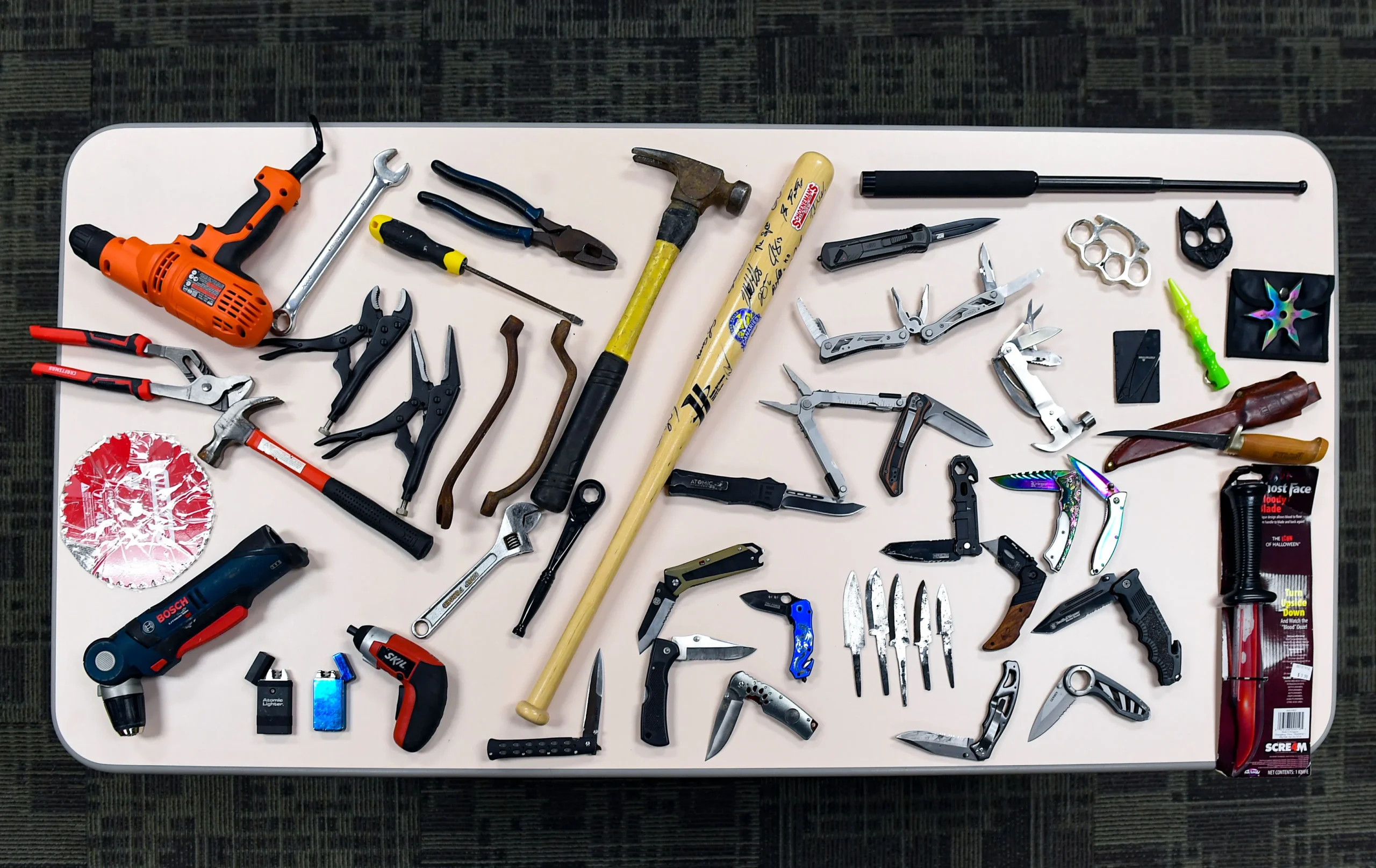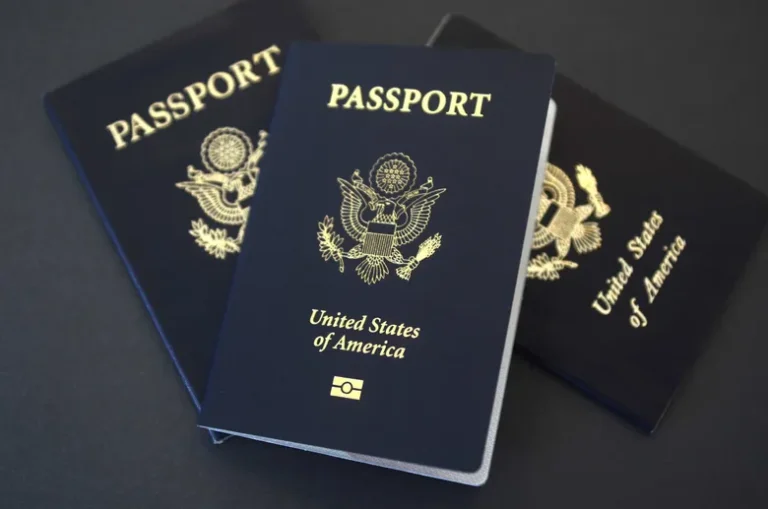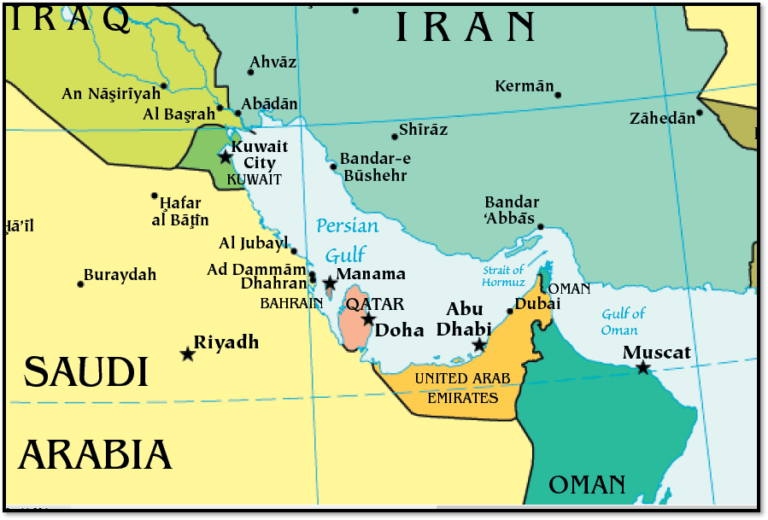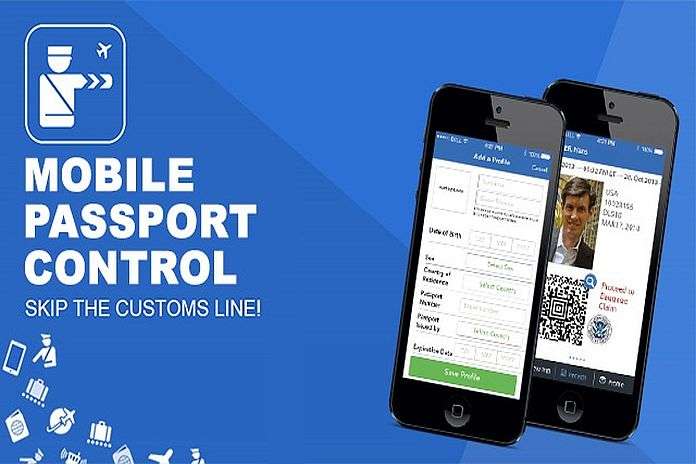Traveling abroad as a digital nomad is an exciting and liberating experience. However, navigating airport security, especially understanding what items are prohibited by the Transportation Security Administration (TSA), can be a bit daunting. This detailed guide will help digital nomads understand what items are prohibited, ensuring a smoother journey through security checkpoints and avoiding any unpleasant surprises.
Introduction to TSA Regulations
The TSA has stringent rules about what can and cannot be taken on board an aircraft to ensure the safety of all passengers. These rules apply to both carry-on and checked luggage, and failure to comply can result in delays, confiscation of items, or even fines. As a digital nomad, being aware of these regulations will help you pack smarter and travel more efficiently.
Understanding the TSA regulations is essential for any traveler. These rules are in place to protect all passengers and crew members by preventing dangerous or hazardous items from being brought on board. Knowing what items are restricted or prohibited can save you time and trouble at the airport, helping you to pass through security smoothly and without any issues.
TSA Prohibited Items in Carry-On Luggage
Sharp Objects
Sharp objects pose a potential threat to the safety of passengers and crew. Therefore, the TSA has strict guidelines on what can be brought in your carry-on luggage. Knowing these restrictions will help you avoid any last-minute confiscations at the security checkpoint.
- Knives: Any knives, including pocket knives and multi-tools, are not allowed.
- Scissors: Scissors with blades longer than 4 inches are prohibited. Smaller scissors are generally permitted.
- Box Cutters: These are strictly forbidden in carry-on luggage.
Sporting Goods
While traveling with sporting equipment is common, certain items must be checked due to their size and potential to cause harm. Understanding these restrictions ensures that you can bring your sports gear without any hassle.
- Baseball Bats: Bats and other sports equipment like hockey sticks or lacrosse sticks cannot be carried on board.
- Ski Poles: These are not allowed in the cabin and must be checked.
- Golf Clubs: These must be placed in checked baggage.
Tools
Tools can be potentially dangerous and are subject to strict TSA regulations. Knowing which tools are allowed in your carry-on and which need to be checked can save you time and prevent delays at security.
- Drills and Saws: Power tools and hand tools over 7 inches in length are not permitted.
- Crowbars: Any heavy-duty tools like crowbars, hammers, or wrenches are prohibited.
- Screwdrivers: Small screwdrivers are allowed if they are under 7 inches.
Self-Defense Items
Self-defense items are designed to incapacitate or harm, making them a significant security concern. These items must be checked to avoid any potential threat during the flight.
- Pepper Spray: Not allowed in carry-on luggage.
- Stun Guns: These are prohibited and must be placed in checked luggage.
- Brass Knuckles: Any self-defense items designed to cause harm are not allowed.
Explosive and Flammable Materials
Explosive and flammable materials pose a severe risk to the safety of the flight. These items are strictly regulated and must not be included in your carry-on luggage.
- Fireworks: All types of fireworks are strictly prohibited.
- Aerosols: Aerosol cans (except for toiletries) are not allowed in carry-on luggage.
- Lighters and Matches: Disposable and Zippo lighters are allowed, but torch lighters are not.
Liquids and Gels
Liquids and gels are subject to the TSA’s 3-1-1 rule, which limits the amount you can bring in your carry-on. Understanding these limits will help you pack your toiletries and other liquid items correctly.
- Large Containers: Containers holding more than 3.4 ounces (100 milliliters) are not permitted.
- Alcoholic Beverages: Alcohol over 140 proof is prohibited. Smaller containers (3.4 ounces or less) of alcohol under 140 proof are allowed but must follow the 3-1-1 liquids rule.
Miscellaneous Items
There are various other items that the TSA prohibits in carry-on luggage. Being aware of these can help you pack appropriately and avoid any issues at the security checkpoint.
- Recreational Marijuana: Despite legalization in some states, marijuana remains illegal at the federal level and cannot be carried on board.
- E-cigarettes and Vaping Devices: These can be carried in carry-on luggage but cannot be used on board.
- Drones: Generally allowed in carry-on, but batteries over 100-watt hours need special handling.
TSA Prohibited Items in Checked Luggage
Explosive and Flammable Materials
Explosive and flammable materials pose a significant risk and are strictly regulated. Knowing what items are prohibited in checked luggage can help you pack safely and comply with TSA regulations.
- Fireworks: Not allowed in checked baggage.
- Gasoline and Fuel: Any fuel, including camping stove fuel, is strictly prohibited.
- Lighter Fluid: Not permitted in checked luggage.
Self-Defense Items
While some self-defense items can be carried in checked luggage, many are still prohibited due to their potential danger. Understanding these restrictions will help you pack appropriately.
- Bear Spray: Any form of self-defense spray is not allowed in checked baggage.
- Ammunition: While firearms can be transported in checked luggage if declared, certain types of ammunition and gunpowder are prohibited.
Household Items
Certain household items are prohibited in checked luggage due to their hazardous nature. Being aware of these restrictions can prevent issues and delays when checking your bags.
- Bleach: Strong chemicals like bleach are not permitted.
- Paint Thinner: Highly flammable liquids like paint thinner are banned.
- Compressed Gas Cylinders: Except for medical necessity, compressed gas cylinders are not allowed.
Packing Tips for Digital Nomads
Packing efficiently and adhering to TSA regulations can make your travel experience much smoother. Here are some tips specifically for digital nomads to help you prepare for your journey.
Electronics
Electronics are essential for digital nomads, but they require special consideration when packing. Ensuring your devices are accessible and compliant with TSA rules will help you pass through security quickly.
- Laptops and Tablets: These should be easily accessible for screening. Consider a TSA-approved laptop bag for convenience.
- Batteries: Spare lithium batteries must be carried in your carry-on. Ensure they are in their original packaging or taped to prevent short circuits.
Toiletries
Toiletries are subject to the TSA’s 3-1-1 rule, so it’s important to pack them correctly. Here are some tips to help you comply with these regulations while still bringing everything you need.
- Travel-Sized Containers: Stick to the 3-1-1 rule for liquids: 3.4-ounce containers, all in a 1-quart bag, 1 bag per passenger.
- Solid Toiletries: Opt for solid shampoo bars, deodorants, and soaps to avoid liquid restrictions.
Documentation
Having your documentation in order is crucial for any traveler, especially digital nomads who may be crossing multiple borders. Here are some tips to ensure your documents are safe and accessible.
- Backup Copies: Keep digital copies of important documents like your passport, visa, and insurance in the cloud.
- Physical Copies: Have physical copies in a separate bag in case of digital failure.
FAQs
Can I bring food through TSA security?
Yes, solid food items are allowed, but liquid or gel food items must adhere to the 3-1-1 rule.
Are power banks allowed in carry-on luggage?
Yes, power banks must be carried in your carry-on luggage. Those over 100-watt hours require airline approval.
What happens if I accidentally bring a prohibited item?
If discovered during screening, TSA agents will confiscate the item, and you may be subject to further screening.
Can I bring prescription medication?
Yes, prescription medications are allowed but should be clearly labeled and preferably kept in their original packaging.
Are there exceptions for medical devices?
Yes, medical devices such as CPAP machines and insulin pumps are allowed but must be declared during screening.
How can I stay updated on TSA regulations?
Visit the official TSA website or use the TSA app for the latest information on prohibited items and security guidelines.
Can I bring my camera equipment?
Yes, but make sure it is packed properly and easily accessible for inspection.
Are there special rules for traveling with pets?
Yes, check the TSA guidelines and your airline’s policies regarding pet travel.
Is it possible to get TSA PreCheck?
Yes, applying for TSA PreCheck can expedite your security screening process and allow you to keep your shoes, belt, and light jacket on, and leave laptops and compliant liquids in your bag.
What about international flights?
TSA regulations apply to all flights departing from the U.S., but international airports may have additional restrictions.
Can I bring my coffee maker?
Yes, but ensure there are no liquid components that exceed the TSA liquid rules.
Are sewing kits allowed?
Yes, but scissors must comply with the length restrictions (under 4 inches).
Can I bring a hairdryer or straightener?
Yes, these items are allowed in both carry-on and checked luggage.
Are musical instruments permitted?
Yes, but they may need to go through additional screening and should be packed securely.
What if I need to transport a firearm?
You must declare it to the airline, and it must be unloaded, locked in a hard-sided container, and placed in checked luggage.
Are there restrictions on bringing alcohol?
Yes, alcohol over 140 proof is prohibited, and smaller amounts must comply with the liquids rule in carry-on luggage.
Can I bring a skateboard?
Yes, but it may count as a carry-on or personal item, depending on airline policies.
What about souvenirs?
Ensure souvenirs do not include prohibited items like sharp objects or liquids over the 3.4-ounce limit.
Are there guidelines for transporting art supplies?
Yes, certain art supplies like flammable solvents are prohibited. Check TSA guidelines for specifics.
Can I bring my workout equipment?
Small items like resistance bands are allowed, but larger equipment should be checked with the airline.
Are candles allowed?
Solid candles are allowed in both carry-on and checked luggage, but gel candles must follow the 3-1-1 liquids rule.
By understanding and adhering to these TSA regulations, American digital nomads can ensure a hassle-free travel experience.
Happy travels, and stay safe!





